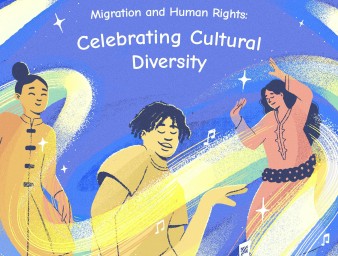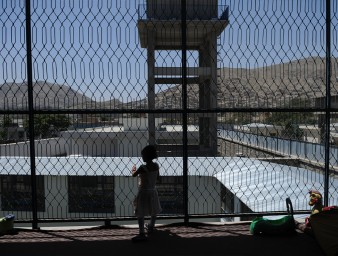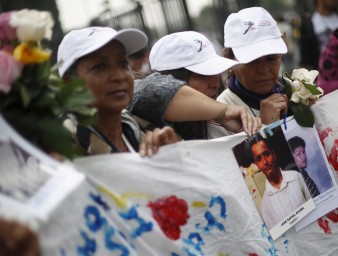Landmark Statement on Protecting the Human Rights of Irregular Migrants
30 September 2010
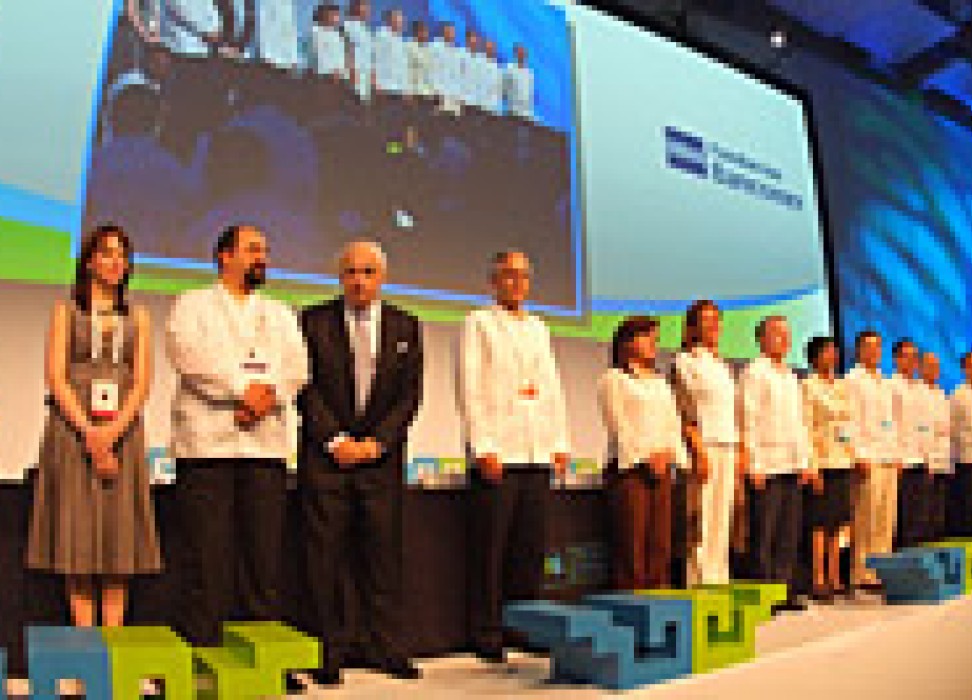
“It is historic that today, all members of the Global Migration Group […] speak out with one voice for the protection of the human rights of all migrants, particularly those who are caught in an irregular situation,” High Commissioner for Human Rights Navi Pillay and Chair of the Global Migration Group (GMG) told the media on 30 September.
“This is our response to the global trend to confine migration policies solely within the narrow context of security and border control. This is a reminder that, while States are entitled to regulate movement across their borders, they must do so in accordance with their obligations under international law, including international human rights law,” she said.
“Our collective voice in reaffirming this principle has never been more needed. By adopting the joint statement, we seek to give voice to a group of people who are among the most voiceless and vulnerable,” Pillay said after the GMG adopted a landmark statement strongly calling for the protection of the human rights of irregular migrants across the globe.
The number of irregular migrants is unknown but is estimated to be in the tens of millions worldwide. The GMG says it is “deeply concerned” about the human rights of these children, women and men who are “more likely to face discrimination, exclusion, exploitation and abuse.”
“They often face prolonged detention or ill-treatment, and in some cases enslavement, rape or even murder. They are more likely to be targeted by xenophobes and racists, victimized by unscrupulous employers and sexual predators, and can easily fall prey to criminal traffickers and smugglers,” the Group says in the statement and stresses that women and children are particularly at risk.
“Too often, States have addressed irregular migration solely through the lens of sovereignty, border security or law enforcement, sometimes driven by hostile domestic constituencies,” it adds.
Migrants in irregular situations, the statement says, are often denied the most basic labor protections: female migrants in these situations face greater risk of sexual exploitation, and children, particularly those who are unaccompanied, are frequently denied their most fundamental rights. People who find themselves in this situation are often too afraid or are unable to seek assistance and protection from the authorities in countries of origin, transit or destination.
“Although States have legitimate interests in securing their borders and exercising immigration controls, such concerns cannot, and indeed, as a matter of international law do not, trump the obligations of the State to respect the internationally guaranteed rights of all persons, to protect those rights against abuses, and to fulfil the rights necessary for them to enjoy a life of dignity and security,” according to the Group.
The GMG urges “States, civil society, the private sector, the media and host communities to address the demand side of trafficking and exploitation, to work actively to combat xenophobia, racism and incitement to discrimination in national politics and in public discourse.”
“The irregular situation which international migrants may find themselves in should not deprive them either of their humanity or of their rights. As the Universal Declaration of Human Rights states: all human beings are born free and equal in dignity and rights,” it concludes.
The UN High Commissioner for Human Rights is currently chairing the GMG, a collective of 12 UN agencies, the World Bank and the International Organization for Migration. The Group was created in 2006 in recognition that migration is a complex and multi-dimensional issue that requires a coherent and coordinated approach from the international community.
Through its leadership of the GMG in the coming months, the Office of the High Commissioner for Human Rights (OHCHR) seeks to promote and mainstream a human rights approach to migration within the United Nations system and highlight key migration and human rights themes at the international level.
OHCHR will lead the GMG interaction with the fourth annual Global Forum on Migration and Development to be held in Mexico, 7-11 November.
Global Migration Group members: International Labour Organisation, International Organization for Migration, Office of the High Commissioner for Human Rights, United Nations Children’s Fund, United Nations Conference on Trade and Development, United Nations Development Programme, United Nations Department of Economic and Social Affairs, United Nations Educational, Scientific and Cultural Organization, United Nations High Commissioner for Refugees, United Nations Institute for Training and Research, United Nations Office on Drugs and Crime, United Nations Population Fund, UN Regional Commissions, World Bank.
30 September 2010
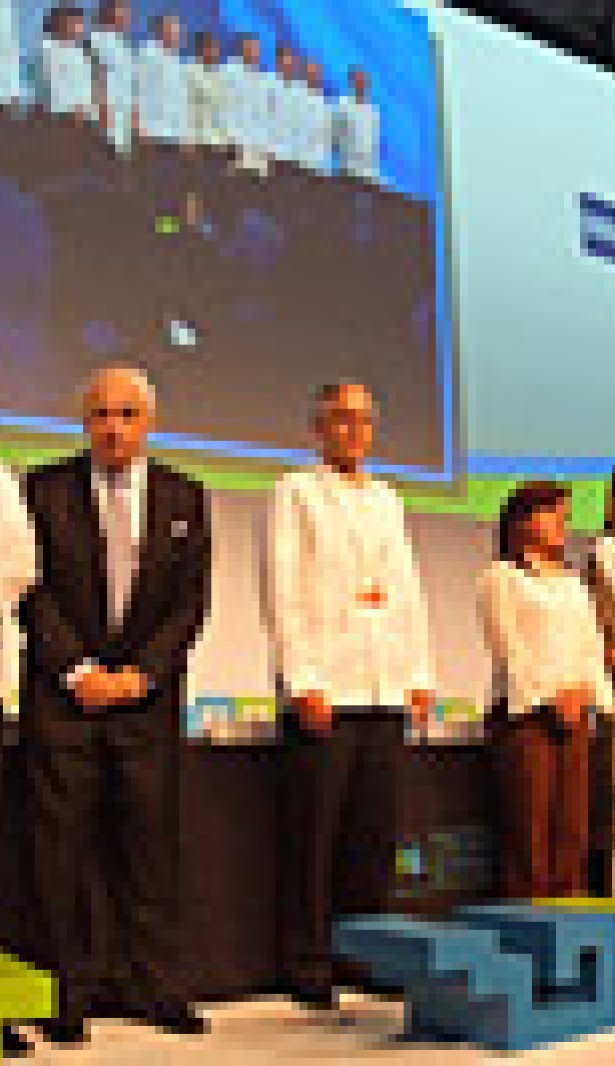
VIEW THIS PAGE IN:

